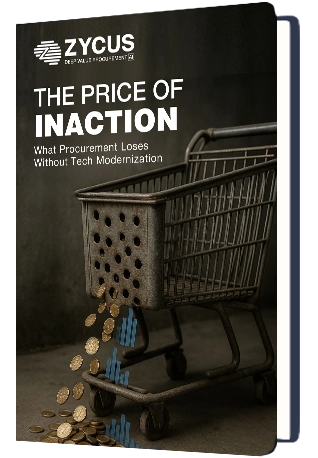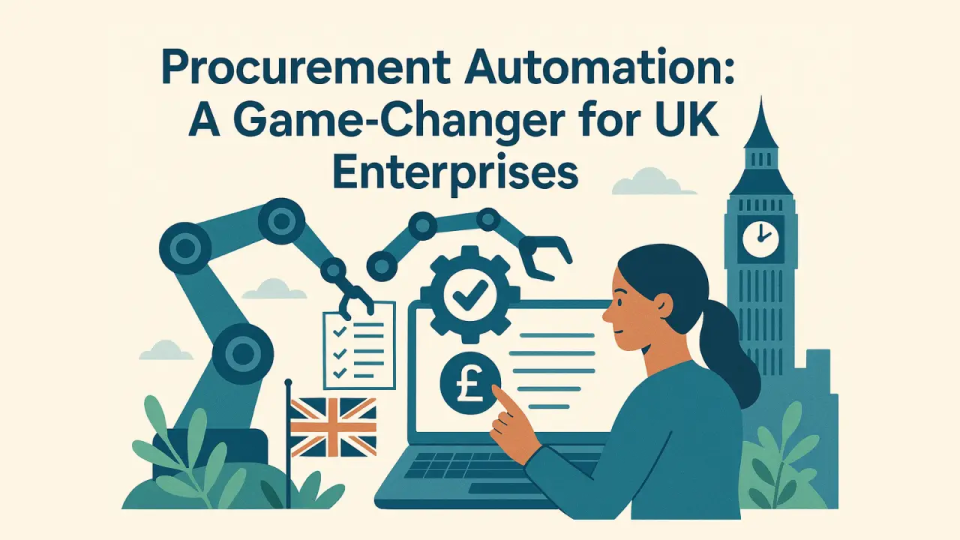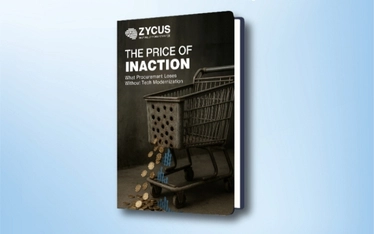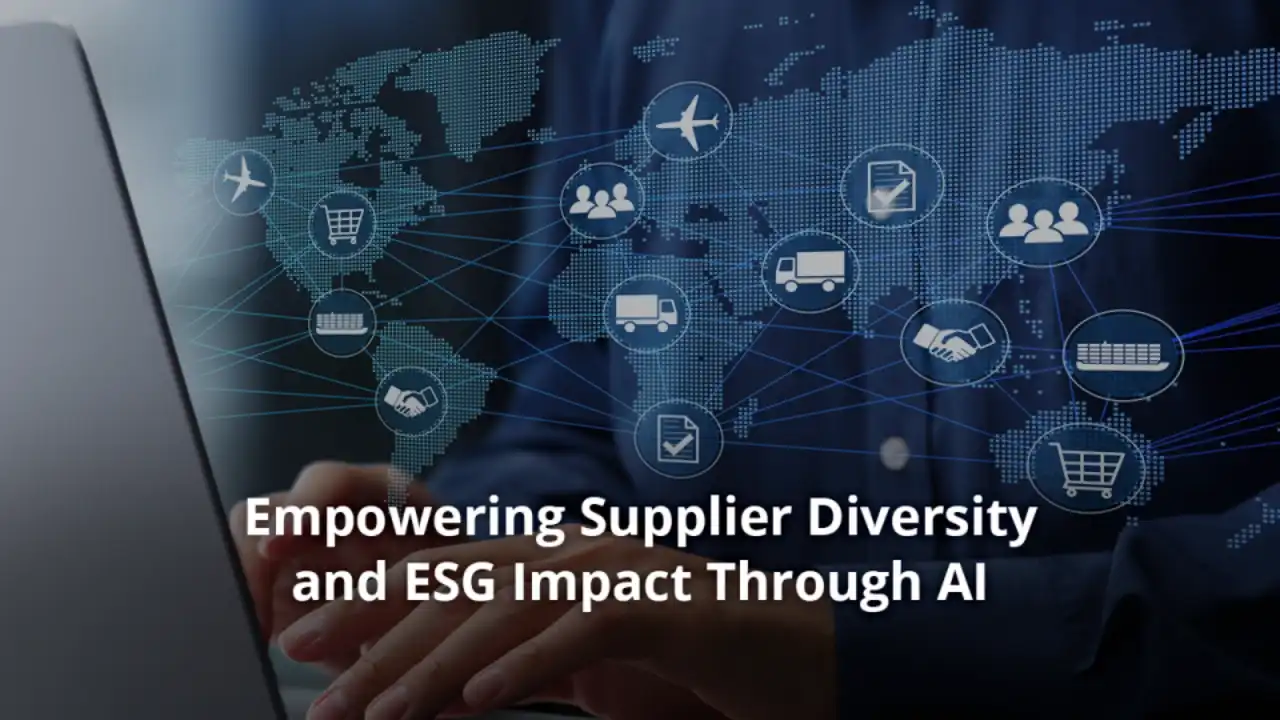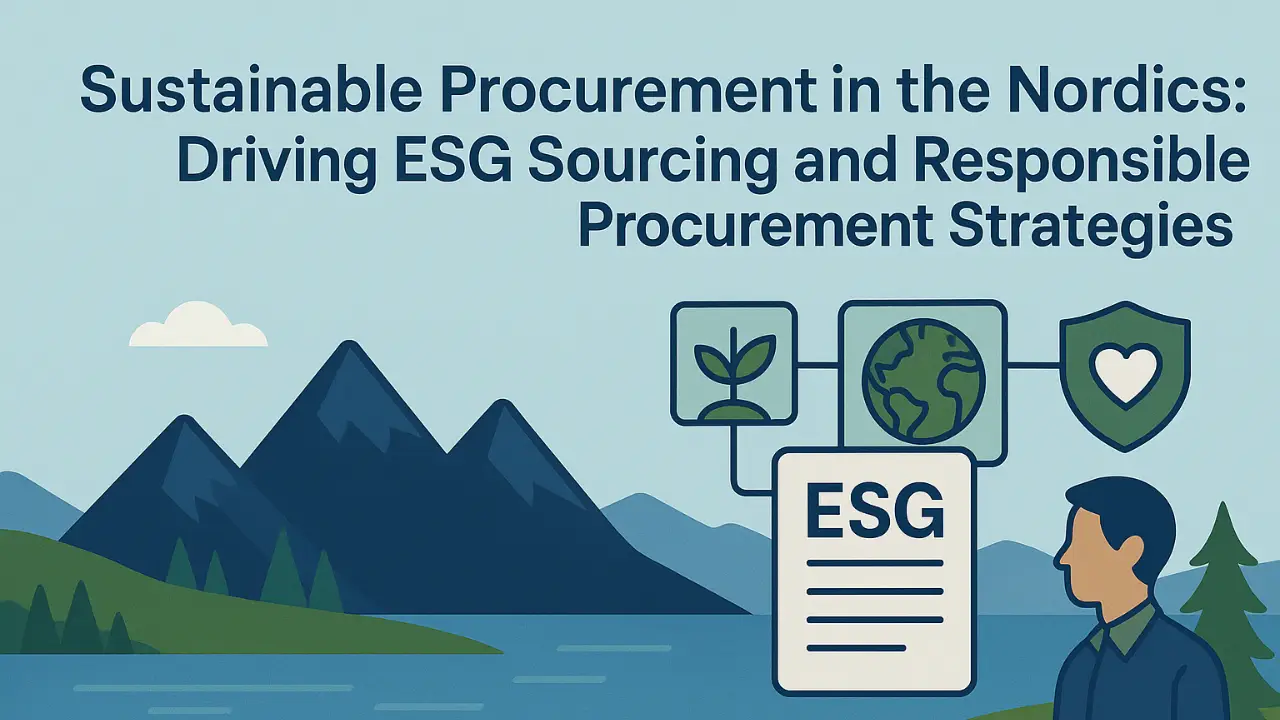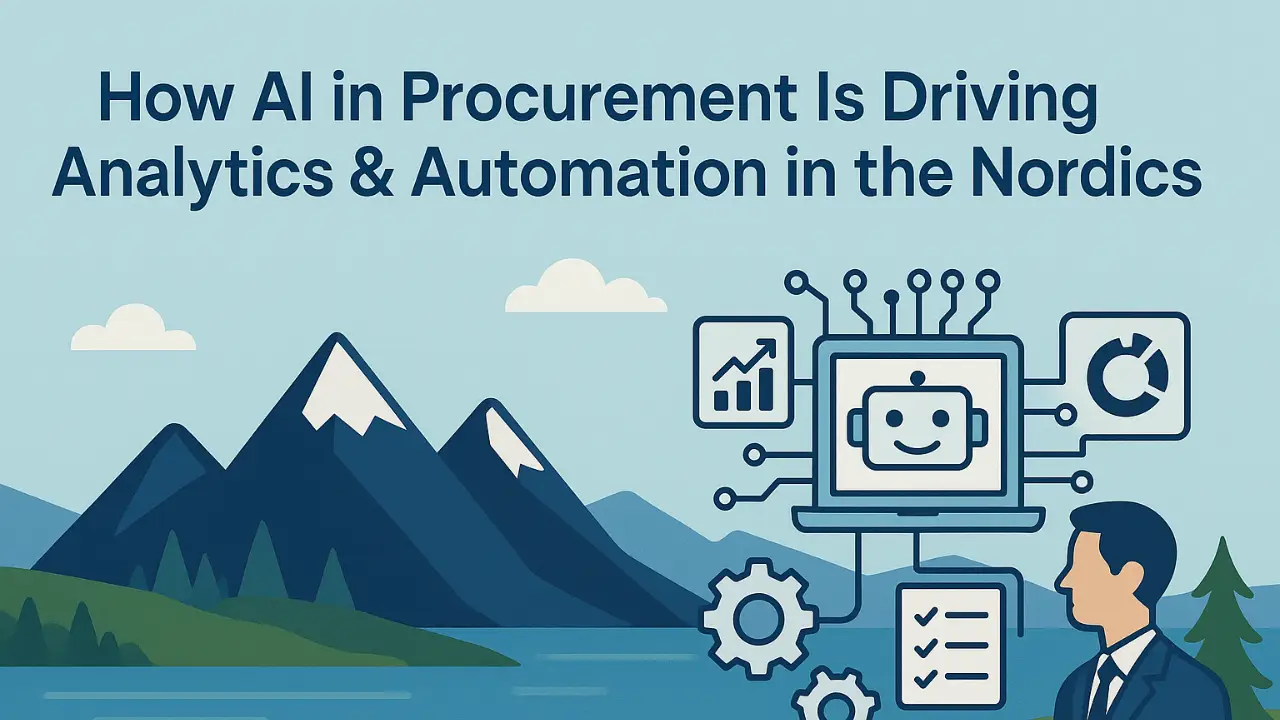In an age where speed, accuracy, and cost-efficiency are becoming key pillars of corporate growth, enterprises in the UK are turning to procurement automation to stay ahead of the competition. It’s no longer a buzzword but a proven strategy for optimizing procurement processes. From AI-driven systems to fully automated procurement workflows, the landscape is evolving—and I believe it’s time UK businesses truly embrace the future.
TL;DR
- Procurement automation UK is enabling enterprises to achieve up to 50% faster procurement cycles and 30% cost savings (source: Deloitte Digital Procurement Survey).
- Leading UK companies like Tesco, Unilever, and Rolls-Royce have implemented automation to streamline workflows and enhance supplier collaboration.
- Automation drives improved compliance, stronger supplier relationships, and allows procurement teams to focus on strategic priorities.
- With the UK government’s push for digital transformation, adopting procurement automation is critical to staying competitive.
- Forward-thinking enterprises are using AI-powered procurement systems to unlock data-driven insights and future-proof their operations.
What is Procurement Automation UK and Why Does It Matter?
Procurement automation refers to the technology-driven processes that streamline procurement activities, eliminating manual intervention. It includes everything from purchase requisitions to supplier communication, order placements, and invoice matching. Through digital procurement solutions, AI-powered systems, and automated workflows, UK businesses can drastically improve their procurement efficiency. These tools integrate seamlessly into existing systems like ERPs (Enterprise Resource Planning), ensuring smooth and continuous operations across all procurement stages.
But here’s the thing: procurement automation isn’t just about automating tasks—it’s about transforming the very nature of how we do business. For senior procurement professionals, it’s a call to rethink how technology can help deliver real value to the enterprise.
The Benefits of Procurement Automation for UK Businesses
Here are some of the key benefits of procurement automation for UK businesses:
| Benefit | Description |
| Increased Efficiency | Automating manual tasks like invoice matching and order processing allows procurement teams to focus on more strategic, high-value activities. |
| Cost Savings | Automation reduces errors and provides better spend visibility, enabling businesses to identify savings through strategic sourcing and improved supplier management. |
| Improved Compliance | Automated systems ensure compliance by tracking procurement processes, maintaining audit trails, and enforcing policies without manual intervention. |
| Stronger Supplier Relationships | With automation, businesses can streamline supplier communications, track performance in real-time, and ensure timely payments. |
| Scalability | Procurement automation enables businesses to scale their procurement processes quickly to meet changing demands and market conditions. |
Procurement Automation: A Step Toward Digital Transformation
We are at a crossroads in procurement. The rise of AI in procurement isn’t just a passing trend—it’s a major shift in how procurement will function. AI tools are already providing businesses with predictive analytics to anticipate demand, flag supplier risks, and even optimize contract negotiations. I believe AI is the future of procurement, and it’s no longer an option for UK businesses to ignore it.
In my opinion, AI and automated procurement systems are a prerequisite for true digital transformation, one that goes beyond just “doing things faster.” It’s about leveraging data in innovative ways to drive smarter decision-making. We’re talking about systems that not only execute tasks but can learn, adapt, and provide new insights that help shape strategic procurement decisions.
Download Whitepaper: Empowering Digital Transformation in Procurement
Key Procurement Automation Benefits in Action
Let’s break down how procurement automation truly delivers value for businesses:
- Increased Efficiency: By automating repetitive tasks, procurement teams can focus on higher-value activities like strategic sourcing and supplier negotiations.
- Cost Savings: Automation helps reduce manual errors, which can lead to costly mistakes. With better spend visibility, companies can optimize their procurement strategy.
- Stronger Supplier Relationships: Streamlined communication with suppliers ensures quicker resolution of issues and better management of supplier performance.
- Compliance Made Simple: Automated compliance checks reduce the risk of errors and non-compliance, which could lead to fines or penalties.
Download Research Report: Pulse of Procurement & Spend Management – UK
Real-Life Examples of Procurement Automation in Action
I’ve seen firsthand how procurement automation has revolutionized operations for UK businesses across various sectors. Here are some standout examples:
1. Tesco: Leading the Charge in Retail
Tesco, one of the UK’s largest retailers, has integrated e-procurement solutions to streamline its supply chain management. By automating order processing and invoicing systems, Tesco has achieved significant improvements in operational efficiency. These automation efforts have:
- Reduced processing times, allowing Tesco to respond faster to market demands.
- Improved supplier relationships by ensuring timely payments and better communication.
- Enhanced compliance with procurement policies, reducing the risk of errors.
Tesco’s move towards automation has not only saved time and reduced costs but has also made the company more agile, showcasing how even large retailers benefit from procurement automation. (Source: Tesco Corporate News)
2. Unilever: Streamlining Global Supply Chain Operations
Unilever, a global leader in consumer goods, has embraced procurement automation to streamline its supplier engagement processes. The company’s digital transformation in procurement has allowed them to:
- Automate supplier onboarding, ensuring faster and more efficient supplier integration.
- Track supplier performance in real-time, enabling better management of supply chain risks.
- Reduce operational costs by eliminating manual procurement processes.
Unilever’s automation journey is a prime example of how manufacturers can enhance efficiency, reduce costs, and improve supplier collaboration through digital tools. (Source: Unilever Sustainability Report)
3. Jaguar Land Rover: Driving Supplier Performance in Manufacturing
Jaguar Land Rover (JLR) has adopted procurement automation as part of their ongoing efforts to optimize their manufacturing processes. By automating tasks such as purchase order creation and invoice matching, JLR has:
- Streamlined procurement workflows, reducing lead times.
- Improved supplier performance tracking, ensuring better alignment with production schedules.
- Enhanced visibility into spend management, providing actionable insights for future sourcing strategies.
JLR’s approach highlights how automation not only enhances operational efficiency but also provides the agility needed to meet shifting demands in the automotive industry. (Source: Jaguar Land Rover News)
4. Sainsbury’s: Modernizing Retail Procurement
Sainsbury’s has successfully implemented procurement automation tools to improve its purchasing processes. Key achievements include:
- Reducing order cycle time through automated purchase requisitions and approvals.
- Enhancing supplier management, leading to better supplier performance and timely deliveries.
- Cutting down on manual errors, ensuring more accurate and efficient procurement.
Sainsbury’s success in automating its procurement processes demonstrates the scalability of digital solutions for businesses of all sizes within the retail sector. (Source: Sainsbury’s News)
Rolls-Royce: Revolutionizing Supply Chain Management
Rolls-Royce has integrated procurement automation into its supply chain to streamline operations across its manufacturing network. By automating tasks such as sourcing and contract management, Rolls-Royce has:
- Reduced procurement cycle time, improving operational speed and efficiency.
- Increased supplier collaboration, ensuring smooth operations across its global network.
- Achieved cost savings by identifying areas for procurement optimization through data analytics.
Rolls-Royce’s example underscores how large manufacturers are benefiting from procurement automation to enhance supplier engagement and drive cost-efficiency. (Rolls-Royce Annual Report)
These case studies from various sectors—retail, manufacturing, and automotive—demonstrate the versatility and effectiveness of procurement automation. By embracing digital solutions, these companies have not only streamlined their procurement processes but have also enhanced supplier performance, reduced costs, and improved their agility in a fast-paced business environment.
The Future of Procurement Automation UK: Driving Digital Transformation
As we look to the future, one thing is clear: procurement automation is here to stay. And it’s not just about the technology—it’s about the people who drive its success. UK businesses are beginning to embrace this new way of thinking, and I believe that those who take full advantage of procurement automation today will be tomorrow’s leaders in innovation and efficiency.
With the UK government’s continued push for digital transformation, there has never been a better time for businesses to implement automated procurement systems. The opportunities are there for the taking, and companies that invest in this technology now will be well-positioned for long-term success.
Conclusion
As someone who has been entrenched in procurement for many years, I can confidently say that procurement automation is transforming the way UK enterprises do business. Whether it’s increasing efficiency, reducing costs, or improving supplier relationships, the benefits are clear. The tools are already available, and it’s up to businesses to make the leap.
The road to procurement digital transformation may seem daunting, but it’s also full of opportunities. By embracing procurement automation, UK enterprises can future-proof their operations, gain a competitive edge, and unlock new levels of efficiency and profitability. The future is now, and procurement automation is the key to unlocking it.
Reference:
- AI-Powered Procurement: A Catalyst for Transformation, Procurement Leaders, 2025.
- Digital Procurement Solutions for Modern Enterprises, Supply Chain Digital, 2025.
- The Rise of E-Procurement in the UK: Trends and Insights, Procurement UK, 2025.
Related Reads:
- CPO eProcurement Checklist for Belgium
- 2025 Purchase-to-Pay (P2P) Trends & Insights: Key Challenges, Automation, and AI-Driven Strategies
- Procurement Fails You’ll Recognize — and Fixes You’ll Want to Steal
- GenAI Execution with Evolving Regulatory Landscape
- Ardent Partners’ Procurement Metrics That Matter in 2025
- UK Procurement Act 2023: Ensure 2025 Compliance


















































